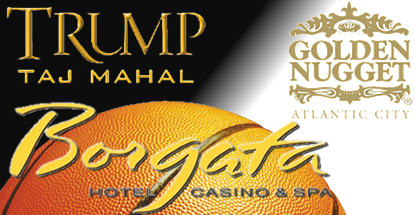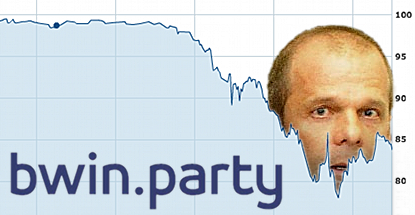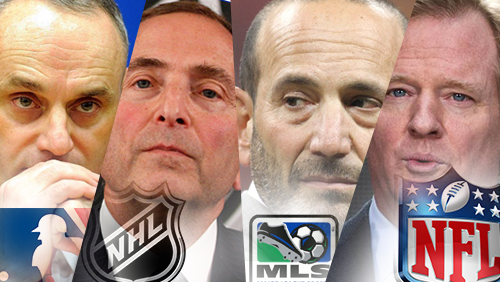Hong Kong conglomerate Chow Tai Fook Enterprises has already made its intentions known that it wants to build a casino resort in South Korea. Now, it’s been reported that the company is planning to invest $2.6 billion for a casino resort near South Korea’s largest airport in Incheon.
Chow Tai Fook is the latest in a long line of business firms that have looked South Korea as a potential casino destination, joining the likes of the Philippines’ Bloomberry Resorts Corp as firms with serious eyes at developing an integrated resort in Incheon. With the country on the verge of approving two new casino licenses in the near future, a lot of business are lining up with bids and Chow Tai Fook is first in line with a proposal that it hopes gets serious consideration from casino decision-makers.
According to Reuters, Chow Tai Fook is looking to develop an integrated resort and casino that will include, among other things, a foreigners-only casino, a hotel, shopping, entertainment, and convention facilities. The current plan for the resort would be to have it built between two stages with the first stage commencing this year until 2019 while the second stage taking place from 2019 to 2022.
The company has also identified a possible site to build its resort, earmarking a plot of land near where a couple of other casino projects – a consortium between Caesars Entertainment and Lippo Ltd and a joint venture between Paradise Co Ltd and Japan’s Sega Sammy Holdings – are already planning their respective resorts.
Meanwhile, another casino project in South Korea is further along in its development phase. Landing International Development and Genting Singapore’s joint project, Resorts World Jeju in South Korea, has begun construction and is expected to open in 2017 with a completed date set for 2019.
The $1.8 billion project on Jeju Island covers a land area of 2.5 million square meters and will include a 10,000-square meter casino to go with a multitude of luxury hotels, a theme park, villas, and flats, food and entertainment establishments, and exhibition facilities.
Jeju Governor Won Hee Ryong earlier suspended the construction of the project over the lack of concrete information surrounding the project’s development application filed by the two partners. That issue has since been settled, paving the way for the project to officially begin its long-overdue construction.


















